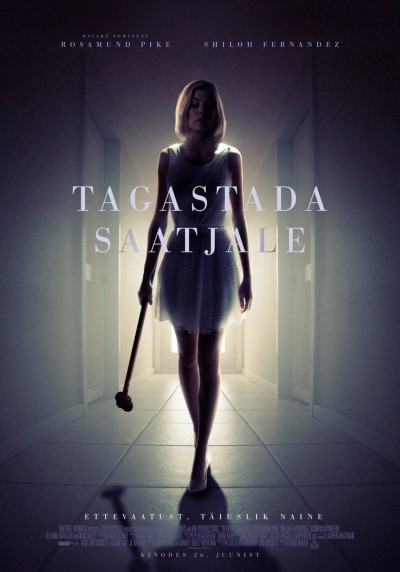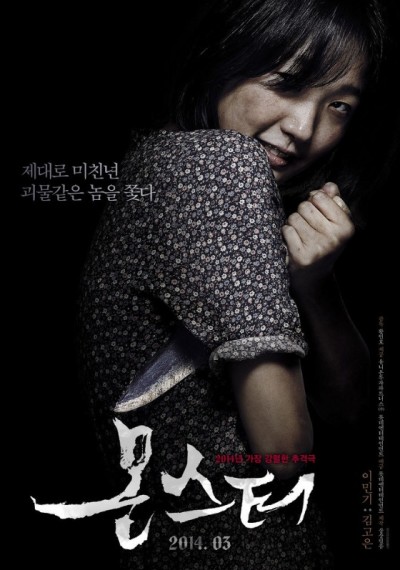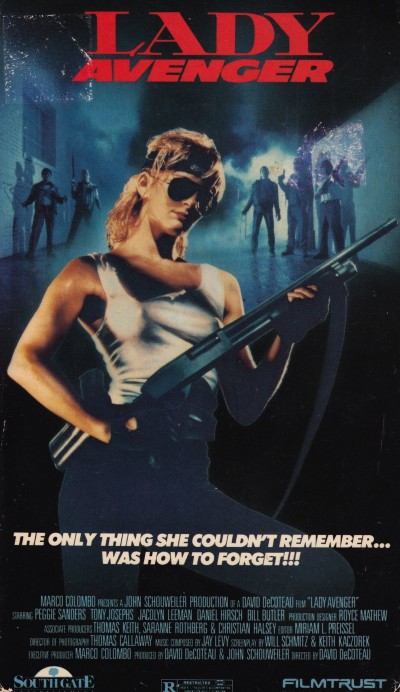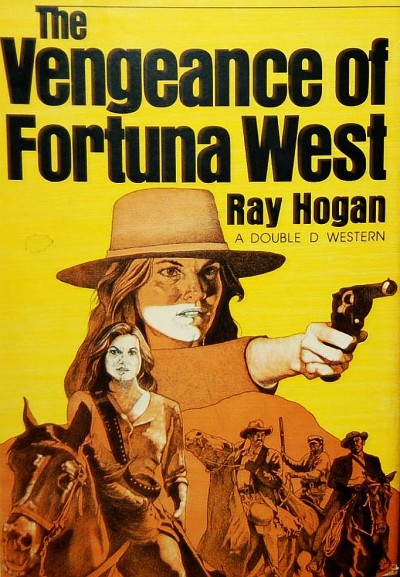“Sharp scent of hot blood
blooms beneath darkening skies.
Justice rends March night.” –Elira Dukagjini
Full disclosure: The author offered me an advance review copy of this novel, with no conditions on how I reviewed it.
 Stratiote is simply the Greek word for soldier; but it was a term particularly applied, in the 1400s and 1500s, to Greek and Albanian mercenaries who fled from their homelands to escape Turkish invaders and hired out to fight, first against the Turks for the Venetians and later in other European wars as well. So the title might suggest a historical novel; but our setting is actually mostly in contemporary Boston (which has an Albanian immigrant community). Its roots, though, lie in the small country of Albania (and neighboring Kosovo), the poorest and least modernized part of the poor and not-very-modern Balkans.
Stratiote is simply the Greek word for soldier; but it was a term particularly applied, in the 1400s and 1500s, to Greek and Albanian mercenaries who fled from their homelands to escape Turkish invaders and hired out to fight, first against the Turks for the Venetians and later in other European wars as well. So the title might suggest a historical novel; but our setting is actually mostly in contemporary Boston (which has an Albanian immigrant community). Its roots, though, lie in the small country of Albania (and neighboring Kosovo), the poorest and least modernized part of the poor and not-very-modern Balkans.
Our titular “last stratiote” is Elira Dukagjini (a.k.a. a “certified Albanian whack job”). Born and bred in a part of the world that’s been a seething cauldron of religious and ethnic hatreds for centuries, that aspect of her heritage is very prominent in her attitudes. Her little sister and two cousins were lost to her when they were kidnapped into sex slavery, and she herself was the victim of a brutal gang rape that left her female organs too damaged to bear children. Not being of a gentle or forgiving disposition, she’s channeled her rage and vengefulness into becoming, among other things, a vigilante on a blood vendetta against sex traffickers.
This brings her into contact with our other two main characters, symbolically-named James Goodman, an ICE agent (Immigration and Customs Enforcement, the branch of Homeland Security which is in charge of combating sex trafficking), and Mirjeta, the woman he loves, who fled the horrors of her Albanian homeland as a teen, but who, as the book opens, has been snatched by those who would drag her back there. The complex relationship that develops between these three characters is at the heart of the book, but they’re well-supported by a full cast of strongly-drawn characters. (In particular, you gotta love Zophie!)
Given that action-heroine types often function in and are shaped by a rough milieu, they’re often rough-edged. But Elira vastly pushes the envelope on the “rough” idea; if characters like Red Sonya or Jirel of Joiry are likened to a Brillo pad, she’s an industrial-strength metal sander. She’s not simply tough, hard-drinking, and sometimes potty-mouthed; she’s also bisexual, very promiscuous, a cocaine addict (yes, so was Sherlock Holmes, whom I like, but he didn’t have access to modern knowledge of how harmful drugs like this are; Elira does), and capable of dishing out mayhem that causes trained cops to vomit. Hanging out with her, as a reader, yanked me WAY out of my comfort zone.
But by following the Muse to create this character and let her be who she is, Reilly helps us to learn to empathize rather than judge; and I did come to empathize. Elira isn’t essentially evil (though sex traffickers unlucky enough to meet her might think that she is, before they died!), and underneath the grunge and capacity for savagery, she’s a hurting woman to whom the world hasn’t been very kind. Like all of us, she’s on her own unique journey; and by the end of the book, she’s a lady I honestly liked, respected, and straight-out admired. If you read the book, you’ll find out why; and you might feel the same way. You’ll for sure never forget her!
This novel has a lot going for it. Reilly’s writing skills are top-notch; she handles language very well in bringing out the exact effects that she wants, and she knows the perfect way to handle scenes that in lesser hands could be a challenge. She’s done her homework very well, even to the point of being able to write dialogue in Albanian (with English translations), and she knows her Albanian history and geography, etc., even to the point of identifying the tribal groups (Elira and Mirjeta are Ghegs, the main group in the north, as the Tosks are in the south). Her wide reading allows her to enrich the book with literary allusions; Elira’s quite a fan of Shakespeare, among other things, and enjoys composing haiku poetry. (And I’m anxious to find the translation of the Scots dialect in the Robert Burns quote!). There are also quite a few contemporary pop culture references, but they’re not just thrown in as a cheap way of faking texture; they’re actually used to make points in discussion. And there’s really powerful, creative and effective use made here of symbolism, and a unique take on the vampire mythos.
This isn’t solely a novel of action and intrigue. James Goodman was a philosophy student, and there are some major philosophical/theological discussions here that touch on issues naturally suggested by the story. What moral claim does the idea of “Blood Law,” the need for blood vengeance in kind for genuine wrongs, have on us? How far does it go, and what effect does it have on the avenger? What place does forgiveness have –and does it demand pacifism in the face of aggressive evil? And what does the Roman Catholic spirituality that Elira was raised with have to contribute to those questions? There are Moslem villains here who are engaged in really vile deeds; does that mean we’re justified (as the author’s fictional Code Red hate group claims) in hateful words and actions towards all Moslems?
Of course, would-be guru Jacob Stryver here isn’t the most lucid or reliable philosophical guide –and isn’t meant to be! That can mean that some of Goodman’s discussions with him aren’t always 100% easy to interpret. But other than that, most of the few negative points I saw in the book are very minor quibbles. Some plot points I thought weren’t completely smooth; but in the main, Reilly crafts her plot very well, with pieces of it coming together like a jigsaw right up to the end. And a real page-turner it is!
Note: The f-word appears here at times, along with some other profane and scatological bad language. There are a couple of short sex scenes that may be more explicit than some readers prefer, and an instance of implied female-female oral sex, in a quasi-public place, that a male character stumbles on and watches for several minutes feeling titillated. However, the author doesn’t attempt to titillate the reader, and none of this content is there for its own sake or for shock value.
Author: LeAnn Neal Reilly
Publisher: Zephon Books, available through Amazon, both for Kindle and as a printed book.
A version of this review previously appeared on Goodreads.
 Painfully shy doctor’s assistant Julia (Williams) is drugged and raped by a group of young men, but is too traumatized to report the crime to the authorities. Sitting alone in a corner of a bar one night, she overhears another woman, Sadie (Tozzi), talking about a radical therapy regime, that allows women to reclaim their self-esteem and power. Eventually talking Sadie into referring her to Doctor Sgundud (Noseworthy) who, after discovering Julia is a suitable case for treatment, allows Sadie to mentor Julia in the system. This involves seducing men, and then punishing them for their lechery. However, Sgundud’s therapy comes with strict rules against taking personal action against those who abused you: rejoicing in her new=found power, Julia is not so keen on abiding by such apparently arbitrary restrictions, especially coming from a mere man. But the doctor wasn’t kidding, when he warned her of the severe consequences for not following the rules.
Painfully shy doctor’s assistant Julia (Williams) is drugged and raped by a group of young men, but is too traumatized to report the crime to the authorities. Sitting alone in a corner of a bar one night, she overhears another woman, Sadie (Tozzi), talking about a radical therapy regime, that allows women to reclaim their self-esteem and power. Eventually talking Sadie into referring her to Doctor Sgundud (Noseworthy) who, after discovering Julia is a suitable case for treatment, allows Sadie to mentor Julia in the system. This involves seducing men, and then punishing them for their lechery. However, Sgundud’s therapy comes with strict rules against taking personal action against those who abused you: rejoicing in her new=found power, Julia is not so keen on abiding by such apparently arbitrary restrictions, especially coming from a mere man. But the doctor wasn’t kidding, when he warned her of the severe consequences for not following the rules.












